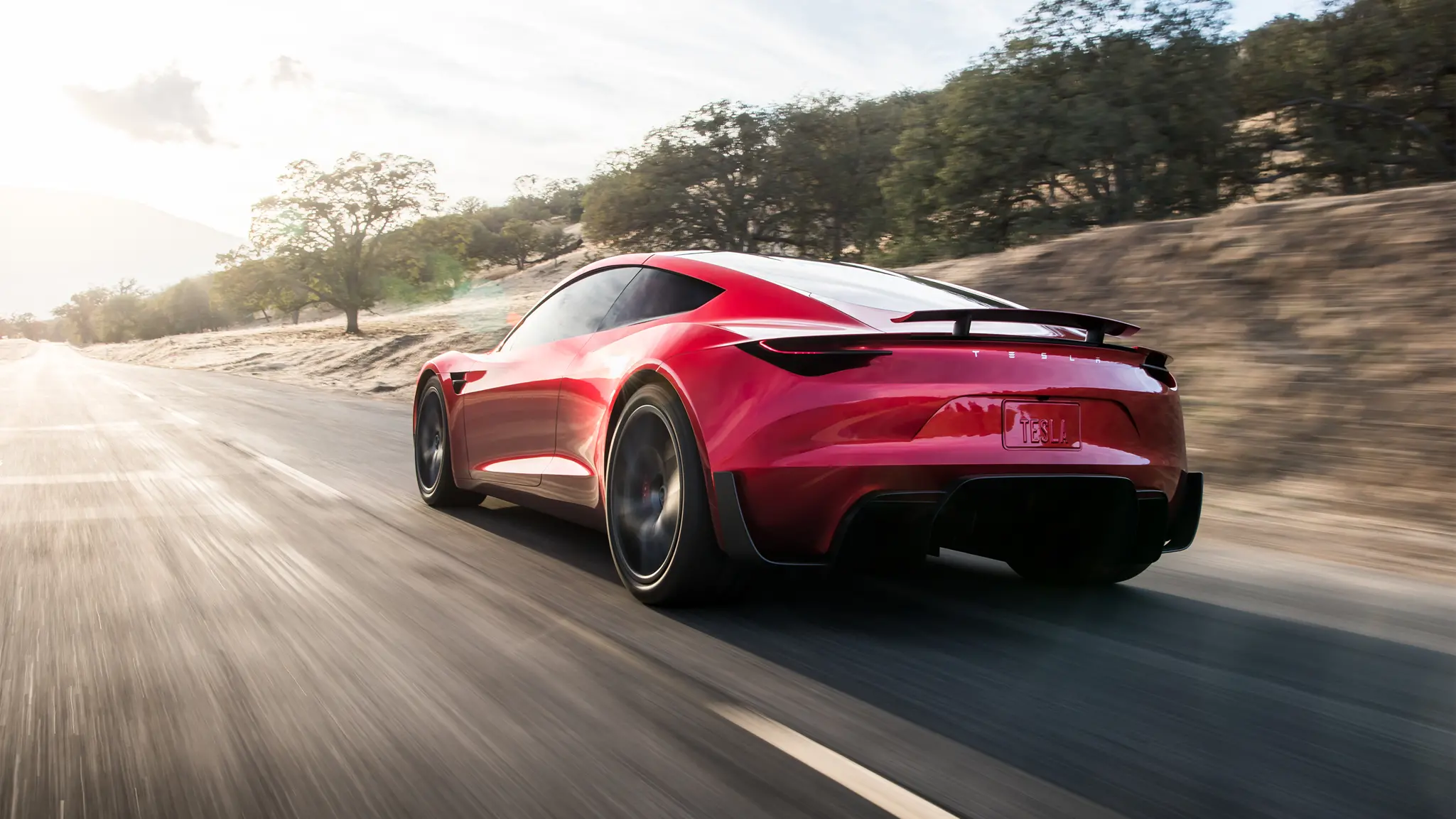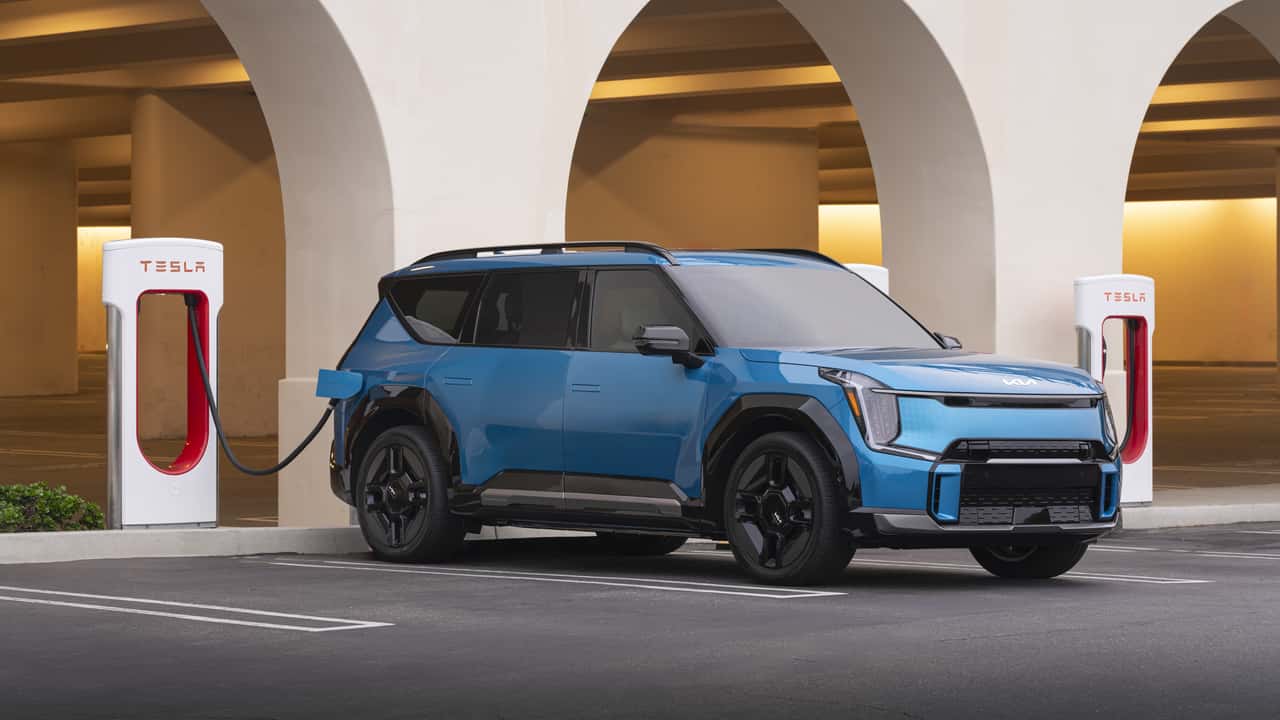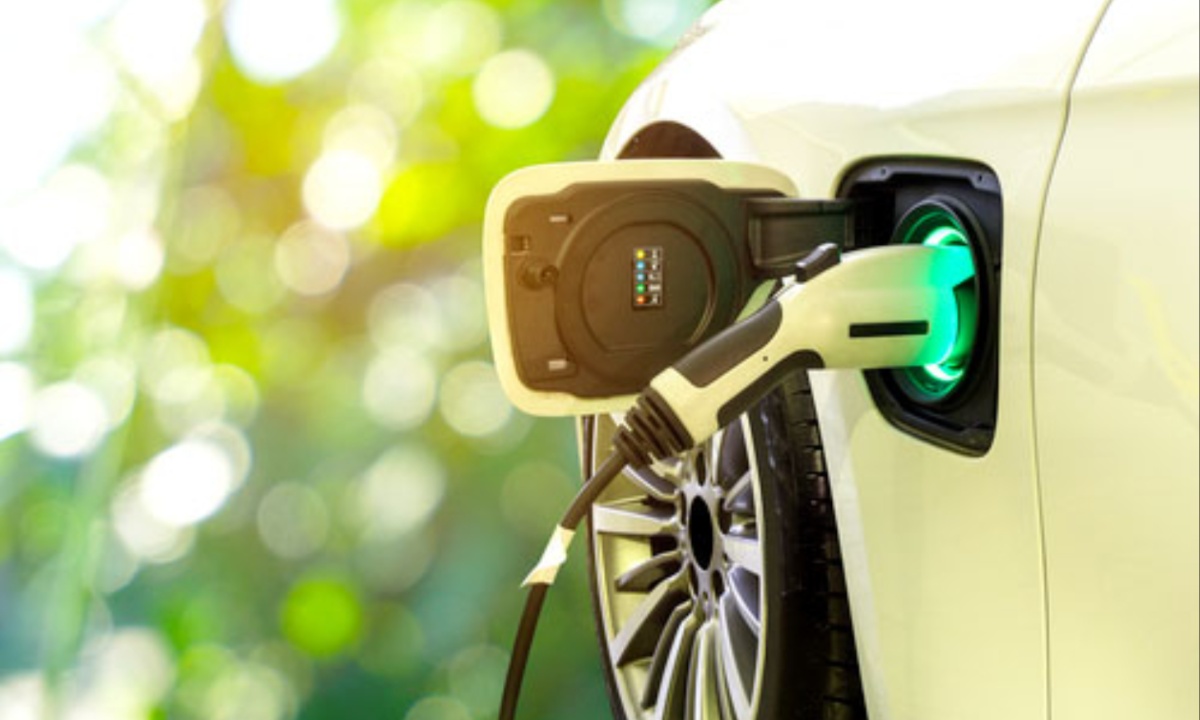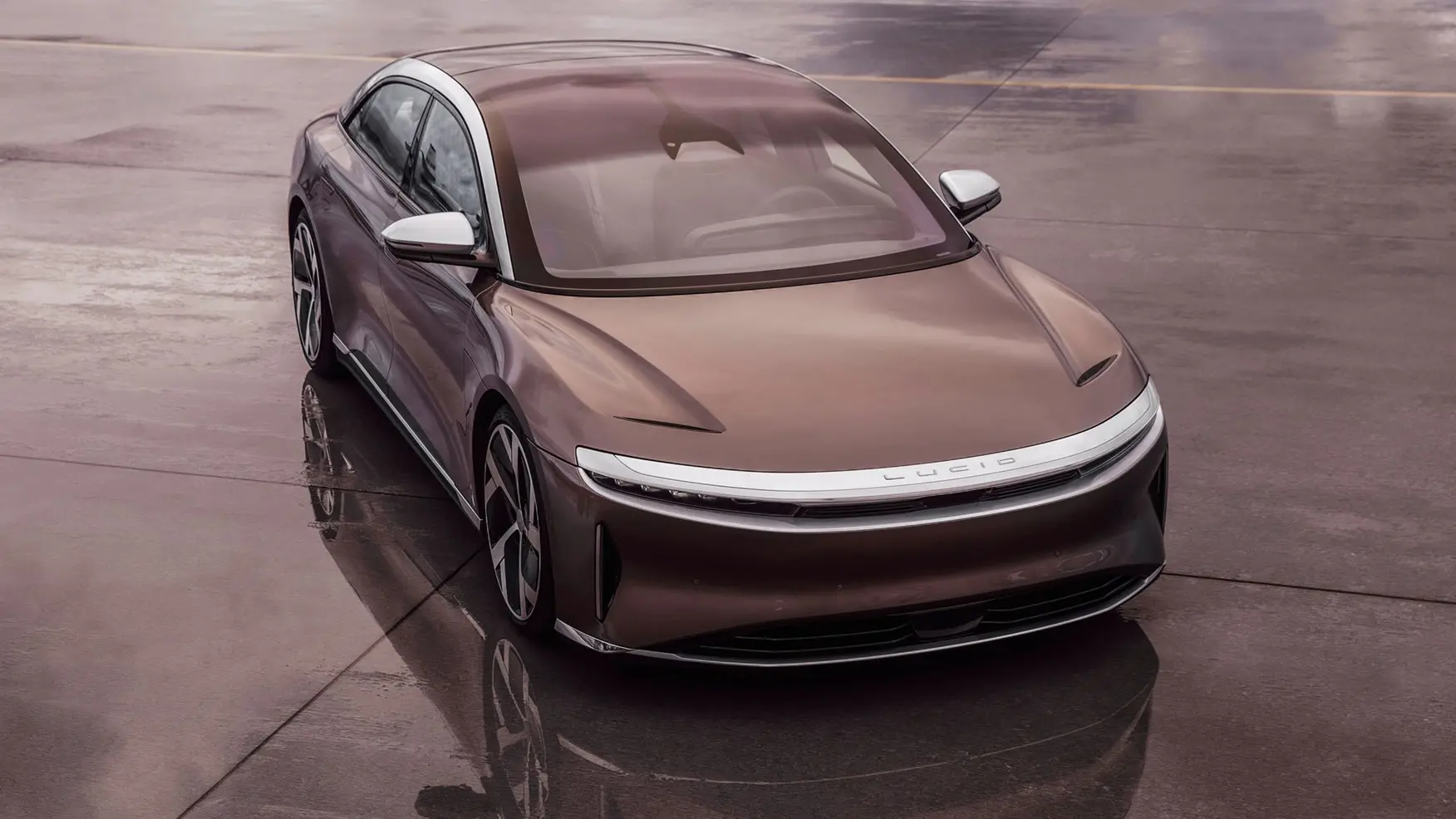The adoption of electric vehicles (EVs) has skyrocketed in recent years, driven by increasing awareness of environmental issues and technological advancements. Despite some lingering misconceptions about their practicality, EVs are proving to be reliable, efficient, and eco-friendly alternatives to traditional gas-powered cars. This shift is further supported by the development of charging infrastructure worldwide, especially across Europe. In this article, we explore ten key reasons—both economic and environmental—that make switching to an electric car a compelling choice.
Electric cars not only benefit drivers economically but also play a pivotal role in reducing pollution and combating climate change. With governments offering incentives and cities introducing low-emission zones, the future is undoubtedly electric. Let’s explore why now is the perfect time to embrace EVs for a safer, cleaner planet and an enhanced driving experience.
1. Enhanced Safety Features for Modern Drivers
Electric vehicles come equipped with state-of-the-art safety features designed to protect drivers, passengers, and pedestrians. Technologies like adaptive cruise control, forward collision warnings, and lane-keeping assistance have raised the safety standards for vehicles. These systems use advanced sensors and cameras to detect potential hazards and take corrective action, ensuring a safer driving experience.

Moreover, blind-spot monitoring and surround-view cameras make it much easier to maneuver through traffic and park in tight spaces. According to the Insurance Institute for Highway Safety, injury claims in EV-related accidents are significantly lower compared to conventional vehicles. This data underscores how EVs offer superior protection on the road. In short, choosing an electric car means investing in advanced technology that prioritizes safety without compromising on comfort or style.
2. Instant Power and Accelerated Performance
Electric vehicles stand out due to their ability to deliver instant torque and seamless acceleration. Unlike gas-powered cars that require gear changes, EVs provide immediate power from the moment you press the pedal. This is because the electric motor directly sends energy to the wheels, eliminating any delay.

The absence of a traditional transmission system gives EVs a smoother, more dynamic driving experience. This makes them particularly attractive for city driving, where quick acceleration can be a game-changer. Whether merging onto highways or maneuvering through traffic, EVs provide unmatched responsiveness. Drivers enjoy powerful, efficient performance without compromising efficiency, making electric cars ideal for those seeking both speed and precision.
3. A Quiet and Luxurious Ride
One of the standout advantages of electric cars is their near-silent operation. Unlike internal combustion engines, which produce significant noise, EVs operate smoothly and quietly. This makes for a serene driving experience, particularly on long journeys or congested city roads.
Beyond the silence, EVs offer premium comfort with modern amenities like climate control, heated seats, and advanced infotainment systems. These features ensure an enjoyable ride while significantly reducing your carbon footprint. If you are looking for a car that provides peace, luxury, and environmental benefits, EVs check all the boxes. With electric cars, comfort and sustainability seamlessly coexist.
4. Minimal Maintenance Costs
Electric cars have fewer moving parts compared to traditional gas-powered vehicles, which translates to lower maintenance requirements. EVs do not need oil changes, exhaust repairs, or complicated engine upkeep, significantly reducing the hassle and costs associated with vehicle maintenance.
Regenerative braking systems also reduce wear on brake pads, further lowering expenses over time. The primary focus for EV owners is battery health, tire rotation, and software updates, which are simpler and less frequent tasks. This means fewer visits to the mechanic, resulting in long-term savings. For anyone tired of costly repairs, switching to an EV offers both peace of mind and financial relief.
5. Significant Savings on Fuel Costs
Charging an electric car is considerably cheaper than refueling a gas-powered vehicle. Electricity costs are far more stable than gasoline prices, allowing EV owners to predict their energy expenses more accurately. Moreover, many cities offer free public charging stations, making it even more cost-effective to own an electric vehicle.

For homeowners, installing a personal charging station can further reduce fuel expenses by using off-peak electricity rates. In regions with renewable energy incentives, charging an EV can cost next to nothing. Ultimately, the switch to an electric car offers substantial long-term savings, making it a smart financial decision.
6. Financial Incentives for EV Buyers
Governments worldwide are encouraging the adoption of electric vehicles by offering attractive financial incentives. In the European Union, programs like tax credits, purchase grants, and subsidies are making EVs more affordable for consumers. These incentives significantly offset the initial purchase price of an electric car.
Countries such as Germany and France offer generous rebates for EV buyers, while cities like London provide congestion charge exemptions. The United States also offers federal tax credits for qualifying electric vehicle purchases. These financial benefits not only make EVs accessible but also incentivize sustainable choices for future generations.
7. Tax Benefits and Reduced Fees
In addition to purchase incentives, EV owners can take advantage of tax benefits and reduced fees. Many governments impose higher taxes on high-emission vehicles while rewarding low-emission EVs with exemptions or reductions. Norway, for instance, exempts electric cars from value-added tax (VAT), saving buyers up to 25% on the purchase price.
Similarly, Germany and other EU countries waive road taxes for EVs for up to 10 years, further reducing ownership costs. These tax incentives make electric cars an economically attractive choice, encouraging consumers to opt for environmentally responsible vehicles. With financial support from governments, switching to an EV has never been easier.
8. Strong Resale Value Over Time
Depreciation is a significant concern for car buyers, but electric vehicles retain their value better than conventional cars. Factors like lower maintenance costs, rising fuel prices, and increasing demand for EVs contribute to their strong resale value. For instance, models like the Tesla Model S have proven to hold their value longer than comparable gas-powered luxury vehicles.
The long-term stability of EV value makes them a sound investment. As technology advances and battery longevity improves, electric cars will continue to remain relevant and desirable. For those seeking a vehicle that holds its worth, an EV is a reliable option.

9. Zero Emissions for a Cleaner Planet
Electric cars produce zero tailpipe emissions, significantly reducing air pollution and greenhouse gases. Unlike gas-powered vehicles, which emit carbon dioxide and harmful pollutants, EVs run on clean energy. Even in areas reliant on coal-based electricity, EVs have a smaller carbon footprint compared to conventional cars.
For eco-conscious drivers, EVs present an opportunity to contribute to a cleaner planet. By combining solar energy with EV charging, you can further eliminate emissions and promote renewable energy. Driving an electric car is a tangible step towards combating climate change and protecting public health.
10. Access to Restricted Urban Areas
Major cities worldwide are implementing low-emission zones to combat air pollution. While traditional vehicles face restrictions or congestion charges, electric cars are often exempt. Cities like Paris, London, and Madrid allow EVs unrestricted access to city centers, making them the ideal choice for urban commuting.
Beyond access, many cities offer additional benefits like free parking and toll exemptions for electric vehicles. This allows EV owners to save both time and money while enjoying the convenience of unrestricted travel. By choosing an electric car, drivers can navigate urban areas more efficiently while supporting cleaner, healthier cities.
Switching to electric vehicles is no longer just an option; it is a necessity for creating a sustainable future. The benefits extend beyond individual savings and comfort, positively impacting the environment and public health. By choosing EVs, we take a significant step towards reducing pollution and conserving natural resources for future generations.
The decision to drive an electric car is an investment in a cleaner, healthier planet. As charging infrastructure grows and technology improves, EVs are becoming more accessible and practical for everyone. The choice is clear: embrace the electric revolution and be part of the solution for a better tomorrow.

